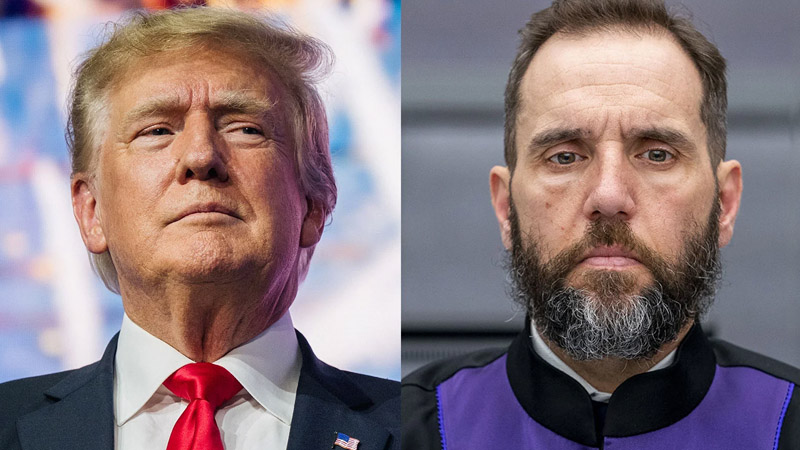Special Counsel Jack Smith has submitted what is believed to be hundreds of pages of evidence in an effort to prove that former President Donald Trump committed criminal acts outside the scope of presidential immunity during his attempts to overturn the results of the 2020 election.
The entire filing was submitted under seal to federal district court Judge Tanya Chutkan in Washington, D.C., meaning the public won’t have access to the evidence until she reviews it and determines which portions, if any, can be disclosed.
This filing follows a U.S. Supreme Court ruling in July, which reaffirmed that presidents have broad immunity from criminal prosecution for official acts. In response, Smith’s team crafted new indictments to comply with the ruling but now must demonstrate that Trump’s alleged actions were outside his constitutional duties as president, told The Washington Post.
The prosecutors argue that Trump’s behavior was unofficial, thus not protected by immunity, and that prosecuting him would not infringe upon the functions of the executive branch. Earlier this month, prosecutors announced their intention to present a “detailed factual proffer,” which includes grand jury transcripts and multiple exhibits.
Their goal is to convince Judge Chutkan that the allegations should remain part of the case and not be dismissed under the immunity argument. A spokesperson for Smith’s team, Peter Carr, confirmed that the prosecutors met their 5 p.m. deadline for submitting the brief.
While the contents of the filing remain sealed, prosecutors plan to file a redacted version for public release, raising the possibility that new details could emerge in the weeks leading up to the November election. If made public, these revelations could influence the political landscape just before voters head to the polls.
Trump’s legal team has vigorously opposed the filing, calling it unnecessary and accusing the special counsel of trying to air potentially damaging details at a sensitive time. “The Court does not need 180 pages of ‘great assistance’ from the Special Counsel’s Office to develop the record necessary to address President Trump’s Presidential immunity defense,” Trump’s lawyers wrote.
They argued that the filing was “tantamount to a premature and improper Special Counsel report.” This latest brief marks the opening of a restructured criminal case against Trump, following the Supreme Court’s July ruling that former presidents are generally immune to official acts but not to private actions.
Smith’s team has adjusted the case by dropping some allegations related to Trump’s interactions with the Justice Department while retaining key charges. Notably, the indictment still includes claims that Trump pressured then-Vice President Mike Pence to block the certification of electoral votes, actions that prosecutors argue are not covered by presidential immunity.
Judge Chutkan now faces the task of determining which of Trump’s actions fall under official presidential duties and are thus immune from prosecution, and which are private acts. These include allegations that Trump attempted to enlist fake electors in battleground states he lost, a scheme central to the indictment.
Chutkan has acknowledged that her rulings will likely be appealed to the Supreme Court, indicating that the legal battle over Trump’s actions could continue for some time. As the case progresses, the outcome will have significant implications not only for Trump but also for the broader legal understanding of presidential immunity and accountability.

